A small fence separates densely populated Tijuana, Mexico (right) from the United States in the Border Patrol’s San Diego Sector.
I lived along the violent Mexican border as a young girl. One day, I got a phone call from a guy I was dating, who called to tell me that he couldn’t make our date on Saturday. When I asked where he was, he simply said, “Away.” A few days later I found out he was in prison. A few months later he was killed.
In the 90’s, this story was very common in Tijuana, Baja California, Mexico, where I grew up. In a matter of two years maybe less, my hometown went from being a peaceful community to a violent city, where blood on the street was as common as a taco shop.
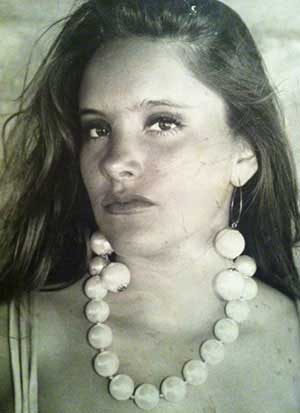
Tania Luviano, age 17
PARTYING AMONG NARCOS
As a 17 year old, all I wanted to do was to have fun with my girlfriends. This was the 90s, and Baby Rock was the club in which to party. So on Saturdays my friends and I would put on our sky-high heels, sexiest smiles and favorite lycra dresses—Yes, I said lycra! After all, nothing hugs curves better—and go dancing.
Baby Rock was filled with glamorous people and drug lords of course. Seeing members of the Arellano-Felix Cartel at one of the tables drinking champagne was very common.
My friends and I weren’t big drinkers, our outings were more about meeting our prince charming. This was a difficult task for me, not because I wasn’t pretty enough—I was a catch, if I do say so myself—the problem was that I couldn’t like just any guy; he would have to pass my dad’s “background check.”
DEA (OR DAD ENFORCEMENT AGENCY)
On Sunday morning, I would always have the same conversation with my dad. “So, Tania, who did you meet last night?” That was always the key question. I would give my dad the names of the guys I met, and he would run a “background check” on them, meaning my dad would ask around; it wasn’t very difficult to find out who were narcos. A few days later, my dad would give me the “Yes he’s fine.” or “Tania, he’s a drug dealer.” It may sound as though my dad was a dictator, but I realized later that he was just protecting me.
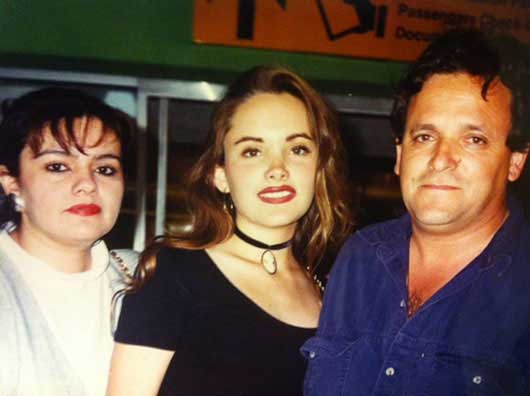
Tania with her parents, Enrique and Martha
MOM’S SIXTH SENSE
While moms in the U.S were worried their high school daughters wouldn’t fit in with theirs peers, my mom’s concern was that any minute I could bring a drug dealer to the house and introduce him as my boyfriend. And one day, I did.
My mom could smell the bad boys, so when I introduced, let’s call him Pablo, to her, she didn’t like him from the beginning. For starters, he was the typical womanizer, but that wasn’t the biggest problem she had with him. He was a narquillo, meaning he worked for the drug lords, crossing small amounts of drugs across the border for example.
My dad immediately told me “DEA” didn’t approve, but this time I didn’t listen because my boyfriend’s best friend also a narquillo was going out with my best friend. A few months later Pablo broke up with me, and although I was heart broken at the time, I thank him now. He ended up marrying another one of my friends. At 30, she found herself a widow with a child to take care of because Pablo was kidnapped and killed in the most horrific way. I was the one who informed by friend about her husband’s murder after learning about it in the Univision newsroom, where I was working as a TV reporter at the time.
Read Related: My Family’s Immigration Story
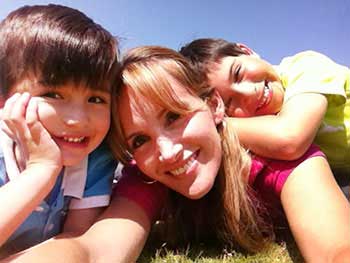
Tania with her two boys, David Alexander and Carlos Emilio
TOUGH ENVIRONMENT=TOUGH MOM
Growing up in this tough environment, not only made me a stronger woman, it made me a better mom to my 3- and 5-year-olds.
“DEA” taught me one thing, communication is the key to good parenting. Every day after school, I ask questions of my kids—Who did you eat lunch with? Who did you play with?—just as my dad made time to ask me about my activities on those Sunday mornings. The old adage, “Tell me who your friends are, and I’ll tell you who you are,” is timeless, so I make sure my kids can extract something positive from their friends instead of bad habits, with the hope that they will do the same with their own children when they grow up.
Being raised in a violent atmosphere made me very vigilant and aware of what my kids are doing. Today, my family and I live in San Diego, and wherever we are, I’m always aware of our surroundings. I teach my kids to do the same by talking to them very openly and using clear examples of different scenarios where they could possibly be in danger, such as: If someone tells you, they have candy in their car, do not get into their car; Never open the door of any house, that’s an adult’s job; If you’re lost and a stranger comes to you and says, ‘I know where your mom is, do not go with them’.
I have seen a lot! Friends who, in the name of love, smuggled drugs hidden in their underwear into a prison, another who had her car “stolen” so her drug dealer boyfriend could pay a debt. Most of these women learned from their mistakes and today are good moms, but I consider myself one of the lucky ones because thanks to my own “DEA,” I’m not a widow or single mom because my husband is not a drug dealer, in jail or dead.
Growing up a border girl made me not only fearless, I could live anywhere in the world, I consider myself a survivor of narco Tijuana.

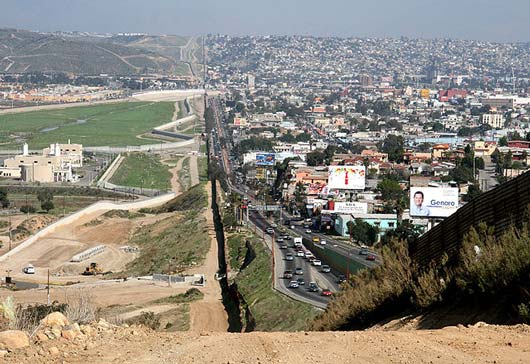
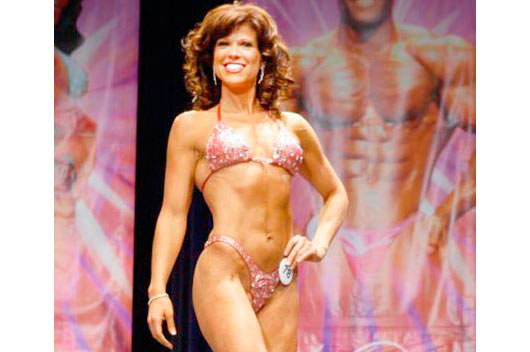
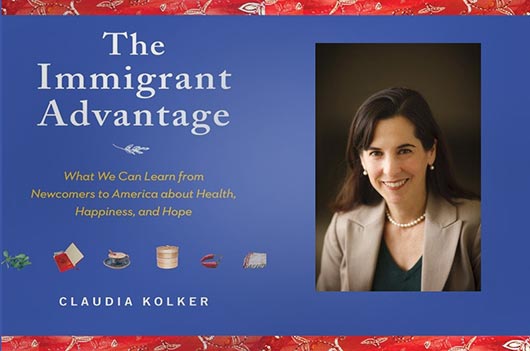
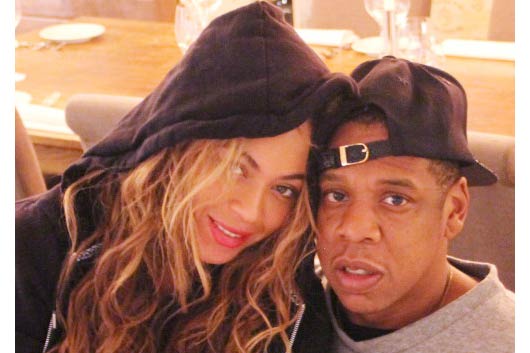

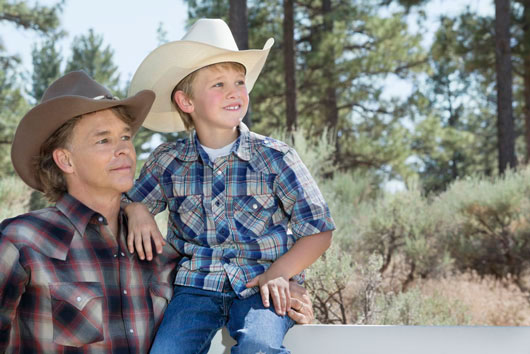




Wow Tania – what a wild time to grow up! It sounds like it gave you some incredible perspective when parenting your own kiddos.
Tania — this is my favorite post of yours. This is powerful storytelling at a high level. I really think this is the kind of work that would fascinate readers. The stories you could tell. I loved it. I learned from it. And I couldn’t stop reading. Bravo.
Thanks Tania for sharing this part of your story. It’s not something I had to go through and I’m glad to learn about how those early experiences impacted you and your parenting.
Wow, Tania, I’ve been to Baby Rock in the 90’s! We may have even run into each other at some point but I was too busy checking out the guys to notice. Innocence is bliss, at 19 I didn’t think about the drug cartels or any of that, just wanted to get drinks without being 21! You’re lucky your dad was not naive, though!
You’re lucky your dad was not naive, though!
Wow Tania..I had no idea…very brave and powerful post…